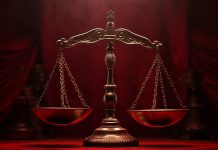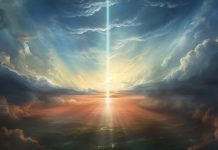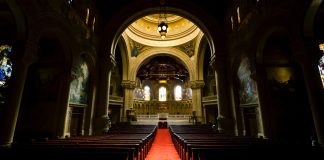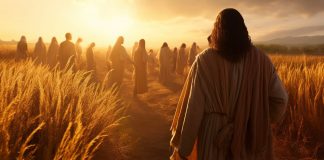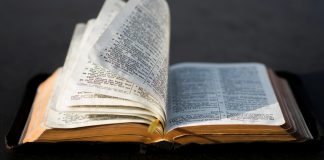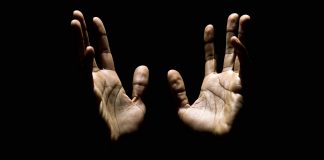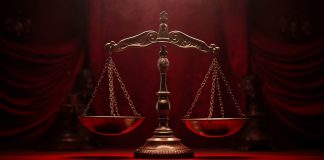How chefs became celebrities
What do a foul-mouthed, drug-abusing Canadian, a stately Frenchman from Bourg-en-Bresse and an American businesswoman whose prison nickname was “M Diddy”, all have in common?
Movies and the fascination with good
Starting with biblical stories, moving on to myths and legends, and finally reaching the contemporary film industry, people have always been fascinated by heroes. But what makes us look for heroes? What do modern heroes look like and what do they mean to the contemporary world?
The invention of movable type
"The world concedes without hesitation or dispute that Gutenberg's invention is incomparably the mightiest event that has ever happened in profane history." Mark Twain
The Great Schism, the great egos
“There are no other two churches in the world today that are so similar yet, at the same time, so opposite as the Eastern, or Greek, and the Western, or Roman Church” (Philip Schaff).
The secularization of Christmas
Although the holiday of Christmas does not have a biblical origin and did not exist in the days of the early church, most Christians around the world keep it as a reminder of the miracle of Jesus Christ’s birth. However, the religious significance of the holiday is waning in the Western world, as the number of church members decreases and Bible illiteracy increases.
What did Jesus believe about the Sabbath?
"Do not think that I have come to abolish the Law or the Prophets; I have not come to abolish them but to fulfill them" (Matthew 5:17).
What the book of Revelation says about a new world order and the end of the world
The book of Revelation, in chapters 13 and 17, does refer to a world order, but it could hardly be called “new”. It is more of a return to an old historical order, but this time with unprecedented, worldwide success.
Lou, the woman with no regrets left
Any sacrifice is hard to understand from the outside. But it's even harder to understand how sacrifice can be a choice that brings joy to the person making it. The easiest people to include in this category are, of course, mothers. For them, the sacrifices never seem too many or too hard. Even more amazing are those mothers who raise other people's unwanted...
Self-esteem and religion, a complicated relationship
Some psychologists fear that religion erodes self-esteem. Some believers fear that self-esteem endangers salvation. Who is right?
“Boundaries: When to say yes, how to say no to take control of your life” | Book review
As Christians, we learn that we must offer love and devote ourselves to the needs of those around us. However, in life, there are times when we feel overwhelmed by what others ask of us. We feel that some people take advantage of us—our kindness, our time, or our availability. We would like to refuse certain people or tasks that are assigned to...
Between 6 and 10 years of extra life make a difference
Over the past few years, several major media outlets have been talking about the increased longevity of Adventists compared to the populations they live among (CNN, BBC, DW, NBC, CBS, ABC, CBN, National Geographic, Time, Los Angeles Times, Huffington Post, The Atlantic, etc.).
Biblical prophecies and conspiracy theories
In 2015, charismatic evangelical Jeremiah Johnson, who worked as a pastor and church planter in Florida, USA, made a bold claim. He announced that a voice from God had told him in a dream that Donald Trump would become the President of the United States. When this prediction came to pass, Johnson gained nationwide fame.
Thomas Helwys
“For men’s religion to God is between God and themselves. The king shall not answer for it. Neither may the king be judge between God and man. Let them be heretics, Turks, Jews, or whatsoever, it appertains not to the earthly power to punish them in the least measure. This is made evident to our lord the king by the scriptures.” These are...
Escaping from a radical family: Tara Westover’s story
When she saw her brother suffocate from the pain of a work accident and her father still insist on treating him at home with herbs, Tara Westover understood, even though she was only a child, that her parents were making a mistake with incalculable consequences.
Vanishing freedoms
“We are fast approaching the stage of the ultimate inversion: the stage where the government is free to do anything it pleases, while the citizens may act only by permission; which is the stage of the darkest periods of human history, the stage of rule by brute force.” — Ayn Rand



